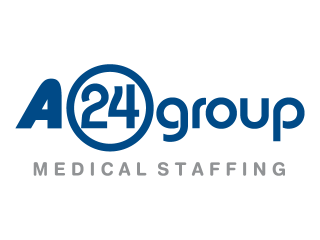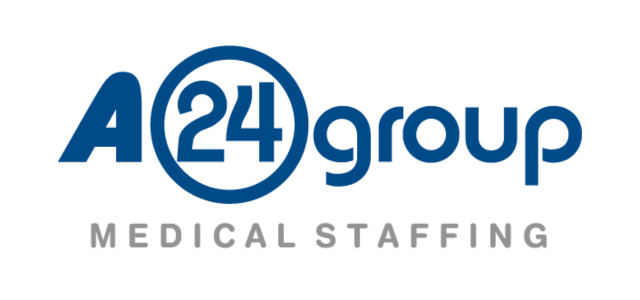Agency Nursing in the UK: A Guide to Specialties
Agency nursing offers a flexible and rewarding career path for qualified nurses in the UK. With a wide range of specialties available, agency nurses play a vital role in providing essential healthcare services across the country.
Qualifications and Requirements
To practice nursing in the UK, you must hold either a Bachelor of Science in Nursing (BScN) or a Diploma in Nursing. These qualifications can be obtained through various universities and nursing schools. Once qualified, you must register with the Nursing and Midwifery Council (NMC) to obtain a license to practice. From there, you can register to work with a reputable nursing agency, or become a staff nurse.
Staff vs. Agency Nursing
The primary difference between staff and agency nursing lies in the nature of employment. Staff nurses are employed directly by a healthcare organisation, such as a hospital or clinic. They have a permanent position with regular shifts and benefits. Agency nurses, on the other hand, are employed on a temporary basis through an agency. They are assigned to different healthcare settings as needed, offering flexibility in terms of working hours and locations.
Specialties in Agency Nursing
Agency nurses can work in various specialties, catering to diverse healthcare needs. Some of the most common specialties include:
A&E (Accident and Emergency): Providing immediate care for patients with acute injuries or illnesses.
ITU (Intensive Therapy Unit): Caring for critically ill patients requiring complex medical interventions.
Theatres (Operating Rooms): Assisting surgeons during surgical procedures.
Coronary Care Unit (CCU): Monitoring and treating patients with heart conditions.
Neonatal Intensive Care Unit (NICU): Caring for newborn babies requiring specialized care.
Paediatrics: Providing care for children and adolescents.
Mental Health: Supporting individuals with mental health conditions.
Community Nursing: Delivering healthcare services in the community, such as patients' homes.
School Nursing: Promoting and protecting the health and well-being of school-aged children.
Agency nurses can work in a variety of settings, including hospitals, clinics, and nursing homes. They can also work in private homes, providing care for patients who are unable to leave their homes.
Agency nurses are typically paid at a higher rate than staff nurses. They also have more flexibility in terms of their working hours. However, they may not have the same job security as staff nurses.
If you are considering a career in agency nursing, it is important to do your research and make sure that it is the right fit for you.
Mandatory Annual Training
All nurses in the UK are required to complete mandatory annual training to maintain their registration with the NMC. This training covers essential topics such as safeguarding adults and children, infection prevention and control, and medication management.
Specific Requirements for Specialties
While the basic qualifications and annual training are common to all agency nurses, some specialties may require additional certifications or experience. For example:
ITU nurses may need advanced life support (ALS) certification.
Theatre nurses may require surgical scrub training.
Mental health nurses may need specific training in mental health interventions.
Community nurses may need training in public health and community care.
Agency nursing offers a dynamic and rewarding career path for nurses seeking variety and flexibility. With a wide range of specialties available, agency nurses play a crucial role in delivering high-quality healthcare services across the UK.


